- Knowledge Graphs
- Machine/Deep Learning
- Language/Foundational Models
- Natural Language Processing
- Logic and Algorithms
- Graph mining
- Stream Mining
- Application Domains: Healthcare, Legal Domain
Research Projects

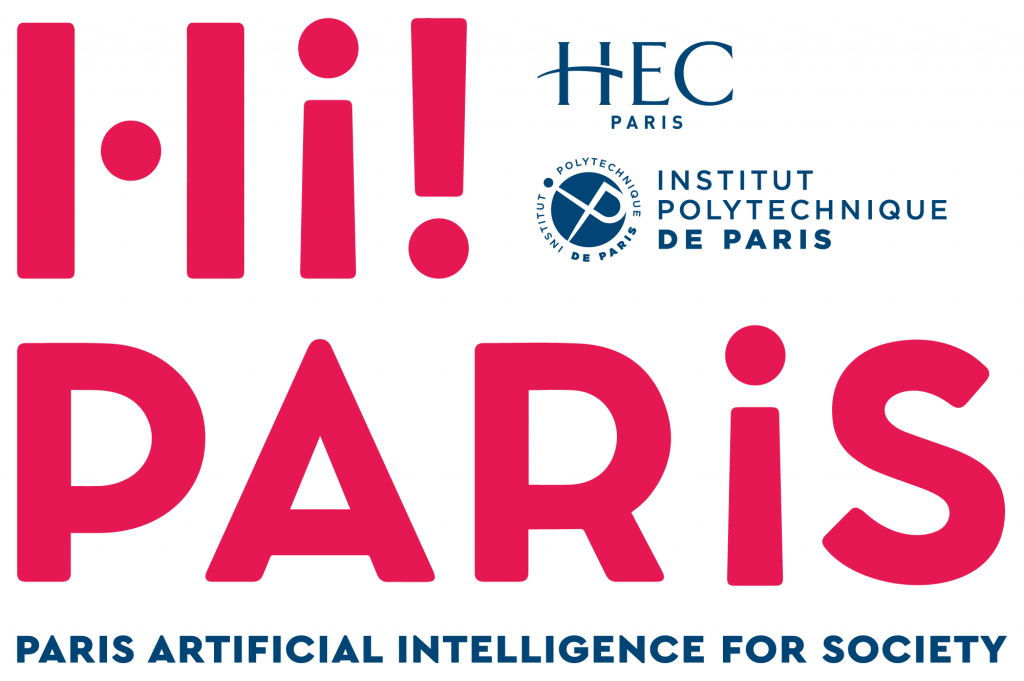
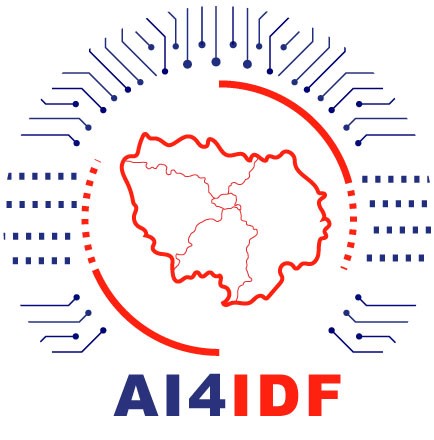

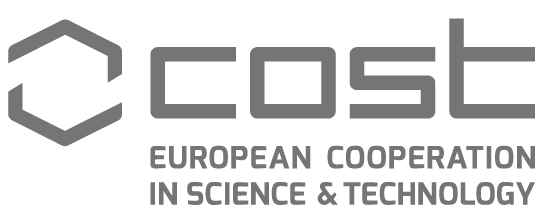
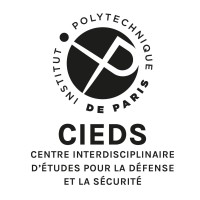
Industry Collaborations
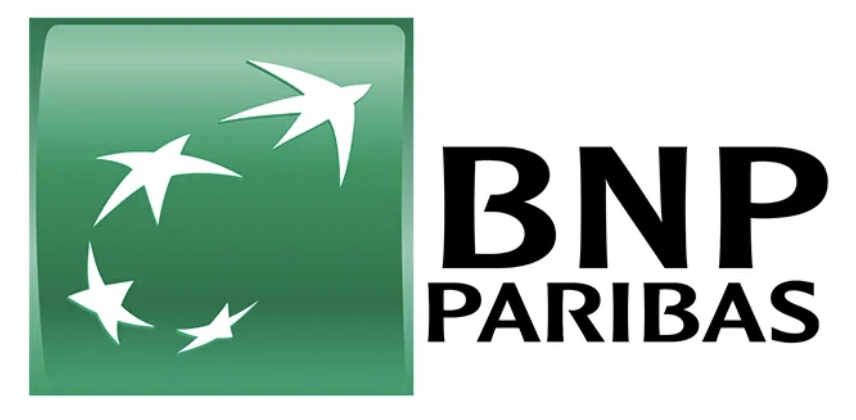
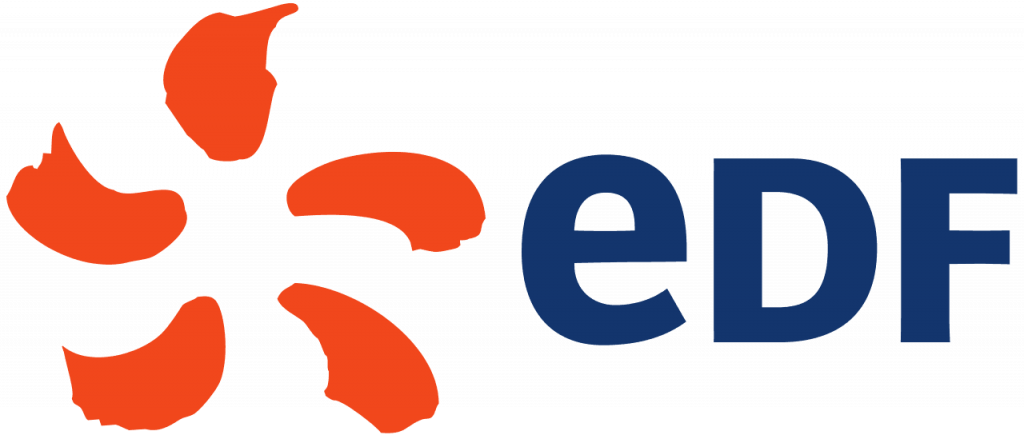
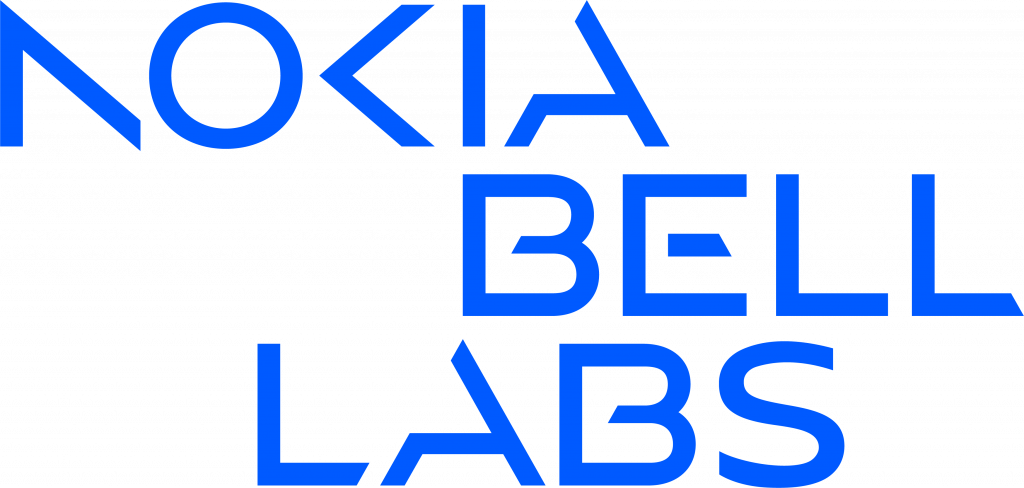
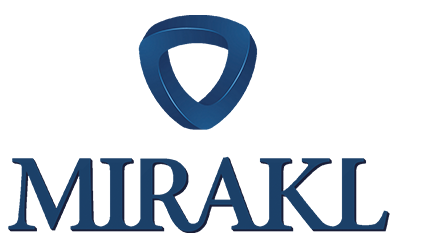
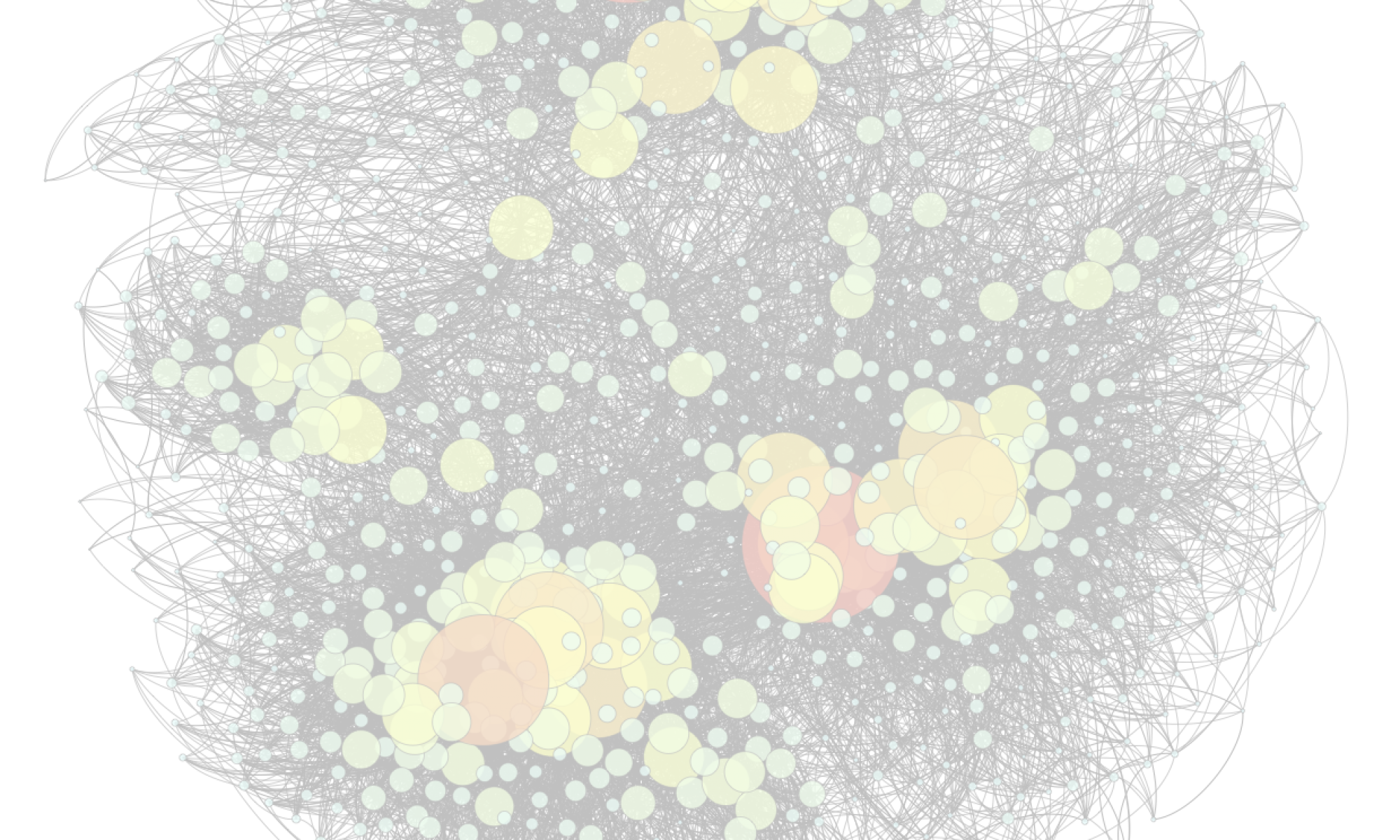
Télécom Paris
Research Projects






Industry Collaborations




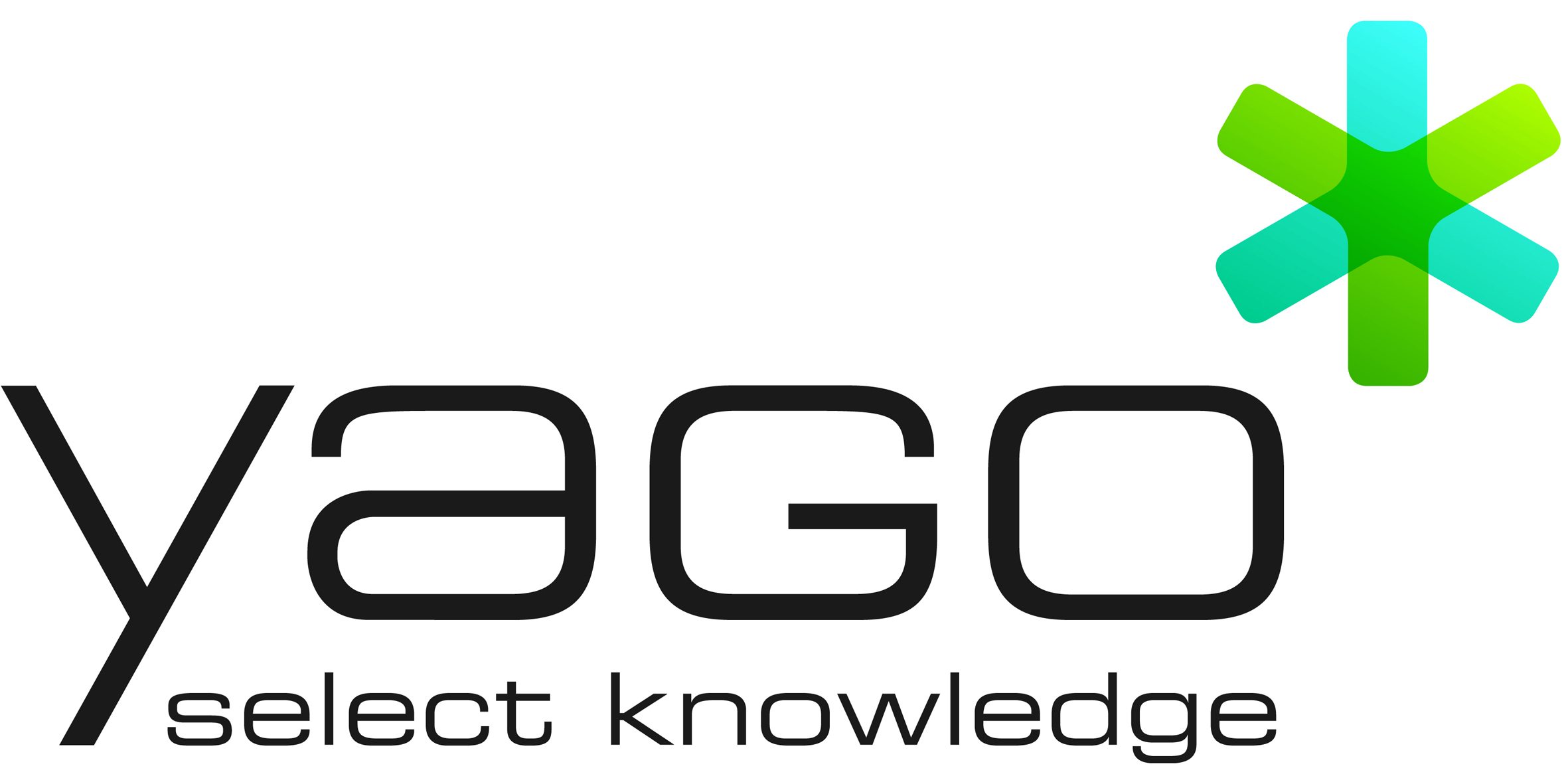 YAGO: YAGO is a large ontology constructed from WordNet, Wikipedia, and other sources. We develop YAGO together with the Database department of the Max Planck Institute for Informatics in Germany.
YAGO: YAGO is a large ontology constructed from WordNet, Wikipedia, and other sources. We develop YAGO together with the Database department of the Max Planck Institute for Informatics in Germany.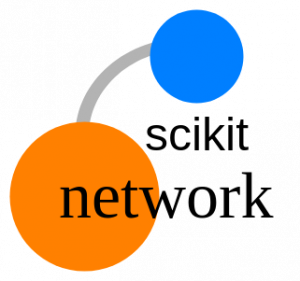 scikit-network: scikit-network is a Python package for the analysis of large graphs (clustering, embedding, classification, ranking).
scikit-network: scikit-network is a Python package for the analysis of large graphs (clustering, embedding, classification, ranking).We investigate how to do machine learning in real time, contributing to new open source tools:
Computer science is not just about computers. In this area of research, we investigate how humans reason, and what this implies for machines.
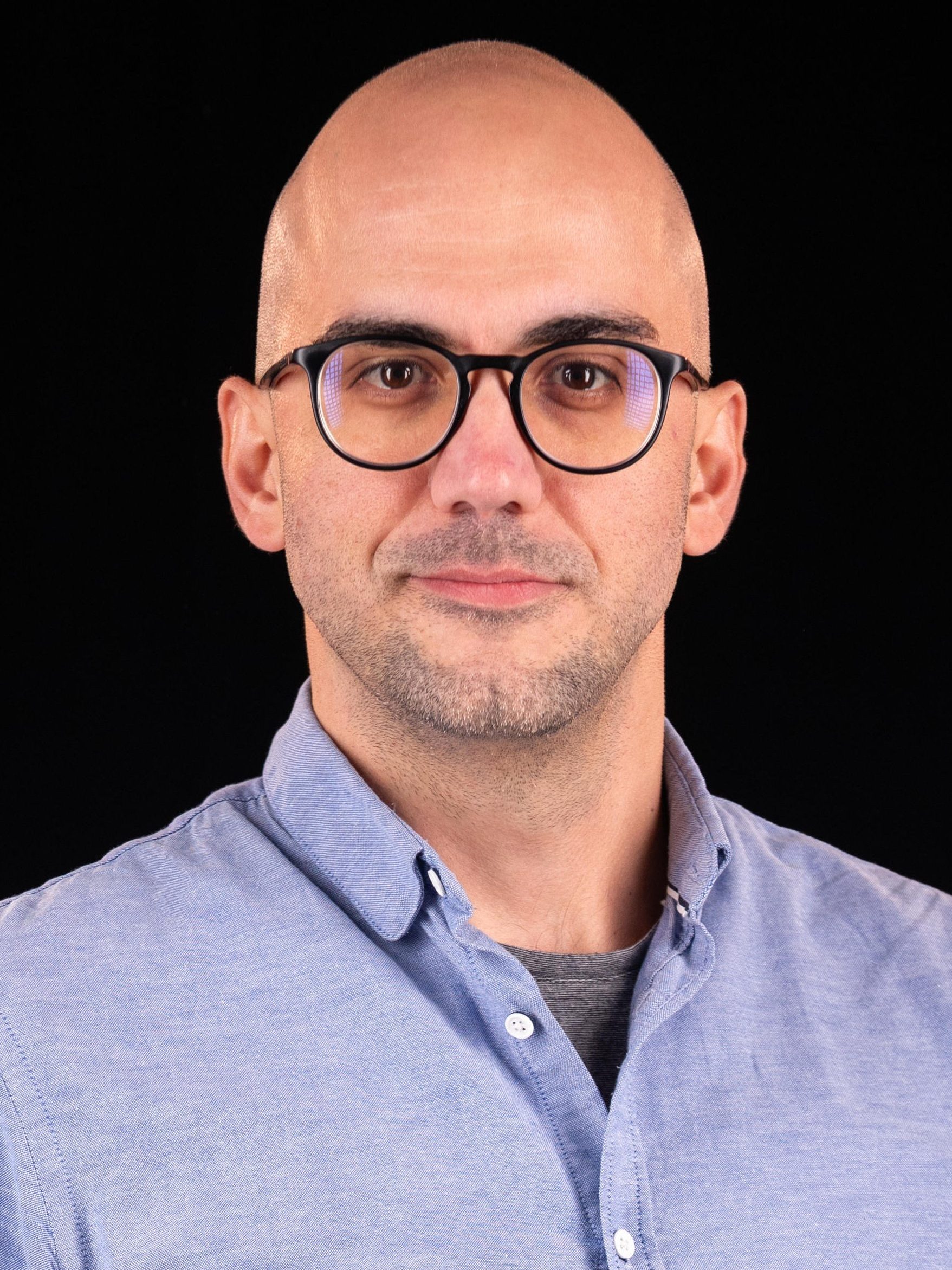
Nikola Simidjievski
Associate Professor

Fabian Suchanek
Professor
Five articles have been accepted at ICLR 2026
● Query-Level Uncertainty in Large Language Models. Lihu Chen, Fabian M. Suchanek, Gaël Varoquaux, Gerard de Melo
● Efficient Resource Constrained Training of Vision Transformers via Subspace Optimization Le-Trung Nguyen Enzo Tartaglione Van-Tam Nguyen
● Study of Training Dynamics for Memory-Constrained Fine-tuning. Aël Quélennec, Nour Hezbri, Pavlo Mozharovskyi, Van-Tam Nguyen, Enzo Tartaglione.
● INSTANT: Compressing Gradients and Activations for Resource-Efficient Training. Tuan-Kiet Doan*, Trung-Hieu Tran*, Enzo Tartaglione, Nikola Simidjievski, Van-Tam Nguyen
● TabStruct: Measuring Structural Fidelity of Tabular Data. Xiangjian Jiang, Nikola Simidjievski, Mateja Jamnik
Our article “It’s All About the Confidence: An Unsupervised Approach for Multilingual Historical Entity Linking using Large Language Models” by Cristian Santini, Marieke van Erp, Mehwish Alam has been accepted at EACL 2026.
Yiwen Peng, Thomas Bonald and Fabian Suchanek received the best paper award at ISWC 2025 for their paper on FLORA: Unsupervised Knowledge Graph Alignment by Fuzzy Logic.
Two demo articles Enriching Taxonomies using Large Language Models and T-REX: Table Refute or Entail Explainer by Zeinab Ghamlouch, Tim Luka Horstmann, Beptiste Geisenberger, and Mehwish Alam were presented at ECAI 2025 and ECML/PKDD 2025.
Berenice Jaulmes attended the 36th European Summer School in Logic, Language, and Information (ESSLLI2025) in Bochum, Germany.
Nils Holzenberger attended the International Seminars on the New Institutional Economics 2025.